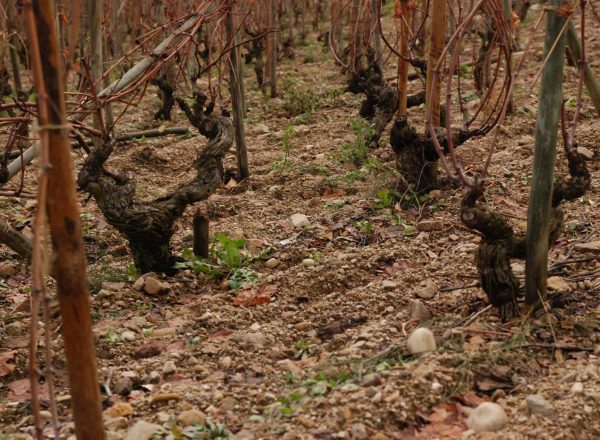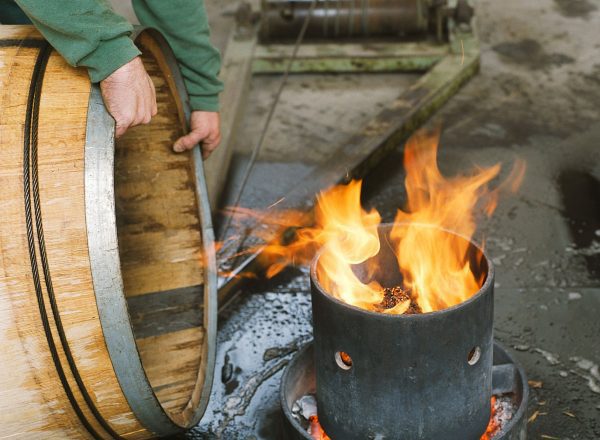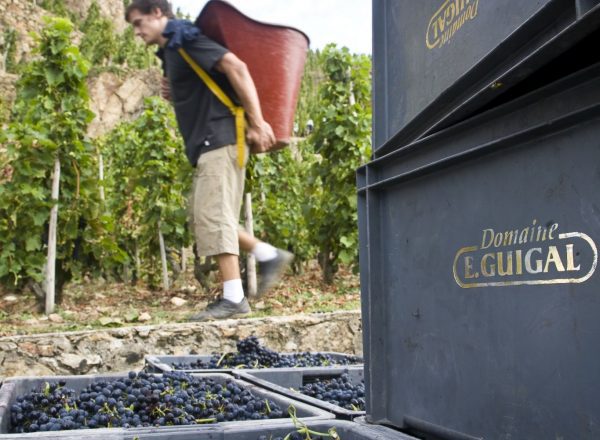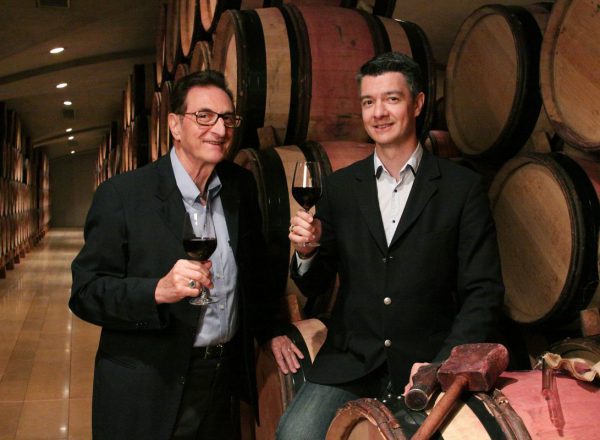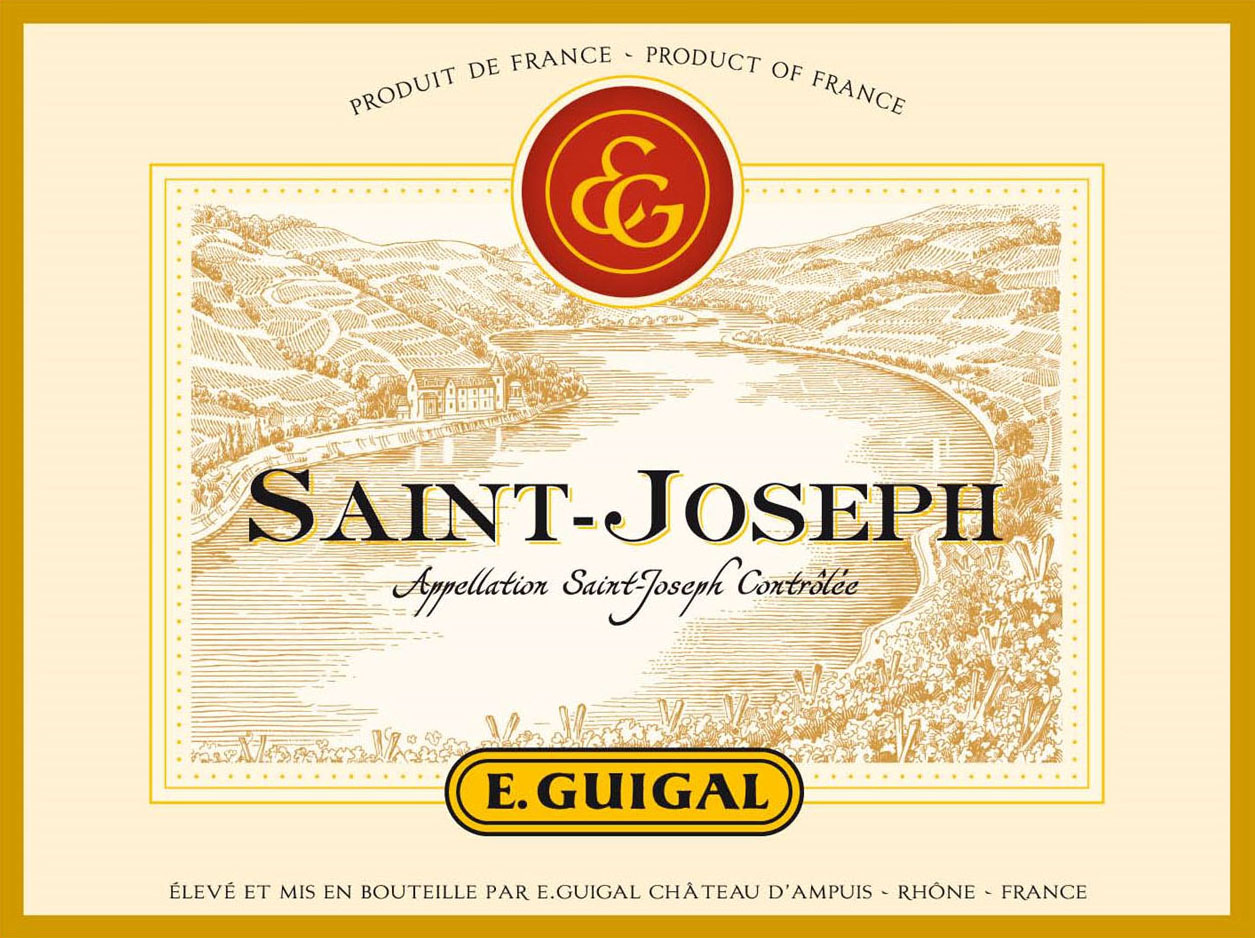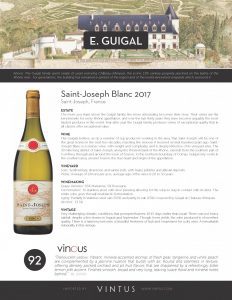
E. Guigal
Saint-Joseph Blanc 2017
Guigal believes, as do a number of top producers working in the area, that Saint-Joseph will be one of the great stories in the next few decades, reaching the renown it received several hundred years ago. Saint-Joseph Blanc is a serious wine, with weight and complexity, and is deeply reflective of its vineyard sites. A seamless balance of freshness and fruitiness, pleasure and interest, and flavors and structure. Guigal’s specialty in whites is especially evident in this wine, as it is almost a deceptively serious wine.
Vineyard

This Saint Joseph Blanc is comprised of fruit from the exceptional vineyards of Domaine J. L. Grippat (purchased in 2000) and de Vallouit (purchased in 2001), as well as some purchased fruit from hillside vineyards, all of the above around the communes of Tournon and Sarras. Guigal only works in the southern area of Saint Joseph, on intensely steep hillside sites that are the origin of the appellation.
Vines average in age from 20 to 50 years, and are planted on limestone and sandy granite soils. In sum, the wine is composed of 95% Marsanne and 5% Roussanne.
Guigal’s Saint-Joseph vineyards are among the best in the appellation, situated on hillsides with complex soils of decomposed granite with limestone and sandy granite topoils.
How Guigal came to own these vineyards needs its own chapter, but we will try to summarize. In short, the Guigals for years wanted to purchase land in Hermitage. Jean-Louis Grippat, considered the best producer in Saint Joseph at the time, had no heirs interested in taking over his family business, and told the Guigals he was going to sell his vineyards, including land he owned in Hermitage. The catch was that the sale was all or nothing; he would not parcel out his vineyard holdings.
Marcel and Philippe drove the 45 minutes down to Saint-Joseph from Côte-Rôtie, and somberly discussed in the car how they would have to explain to Jean-Louis that they were not interested. It was not something they could do over the phone, hence the drive. When they arrived, rather than sitting down for a discussion, Jean-Louis took them right to his Saint-Joseph vineyards. Though they live only 45 minutes north, the Guigals had never seen the region through the eyes of one of its top producers, and never walked vineyards of this quality. They fell in love, and made the purchase. Another portion of the vineyard was acquired when they purchased the spectacular holdings in Hermitage and Saint-Joseph of the De Vallouit family (this time they didn’t need convincing about Saint-Joseph).
Winemaking
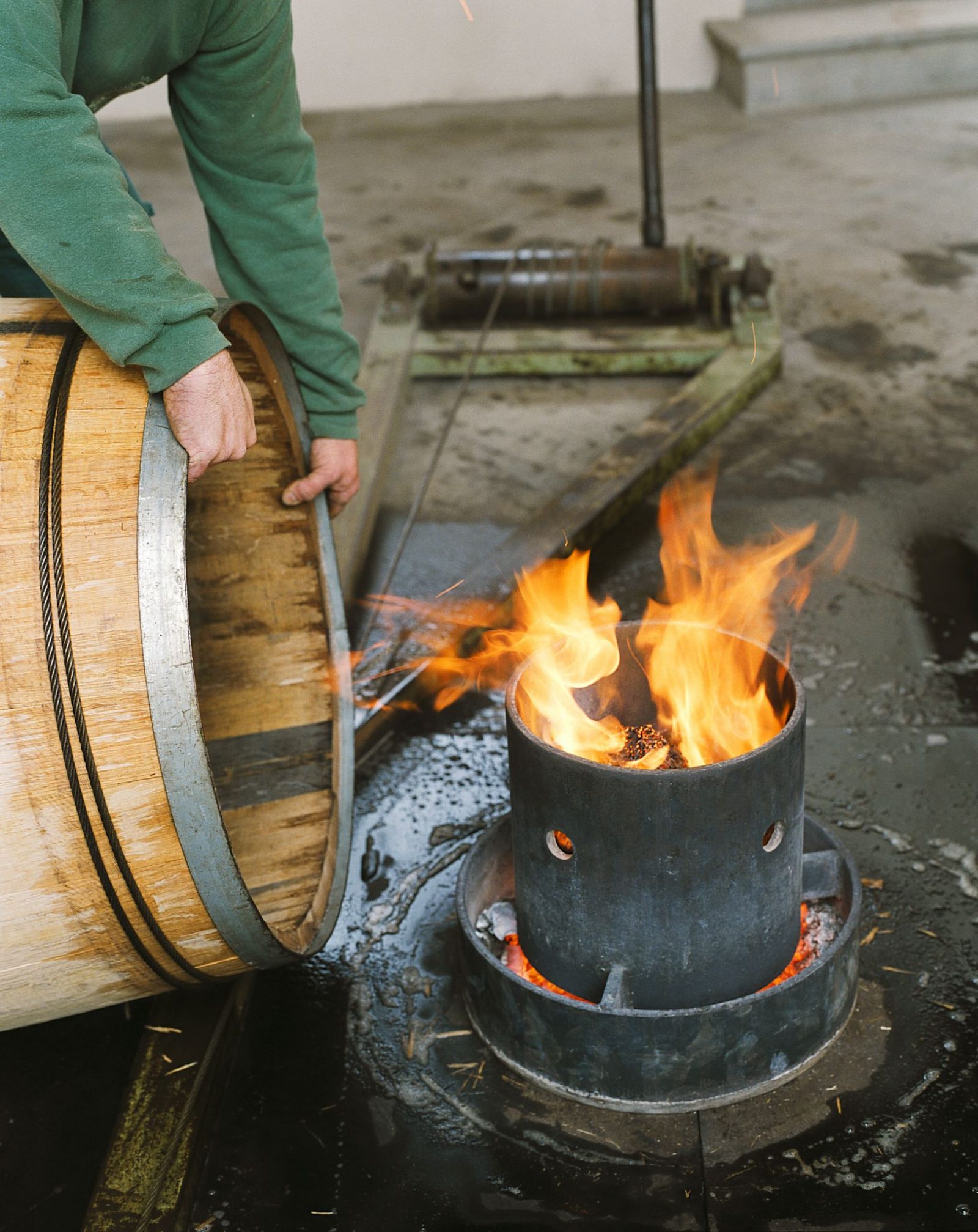
Fermentation is in stainless steel, with a slow pressing allowing the wine to stay on its skins. The entire wine goes through malolactic fermentation, and is then aged in a combination stainless steel (50%) and barrel (25% new, 25% second use, all coopered by Guigal at Château d’Ampuis).
Vintage
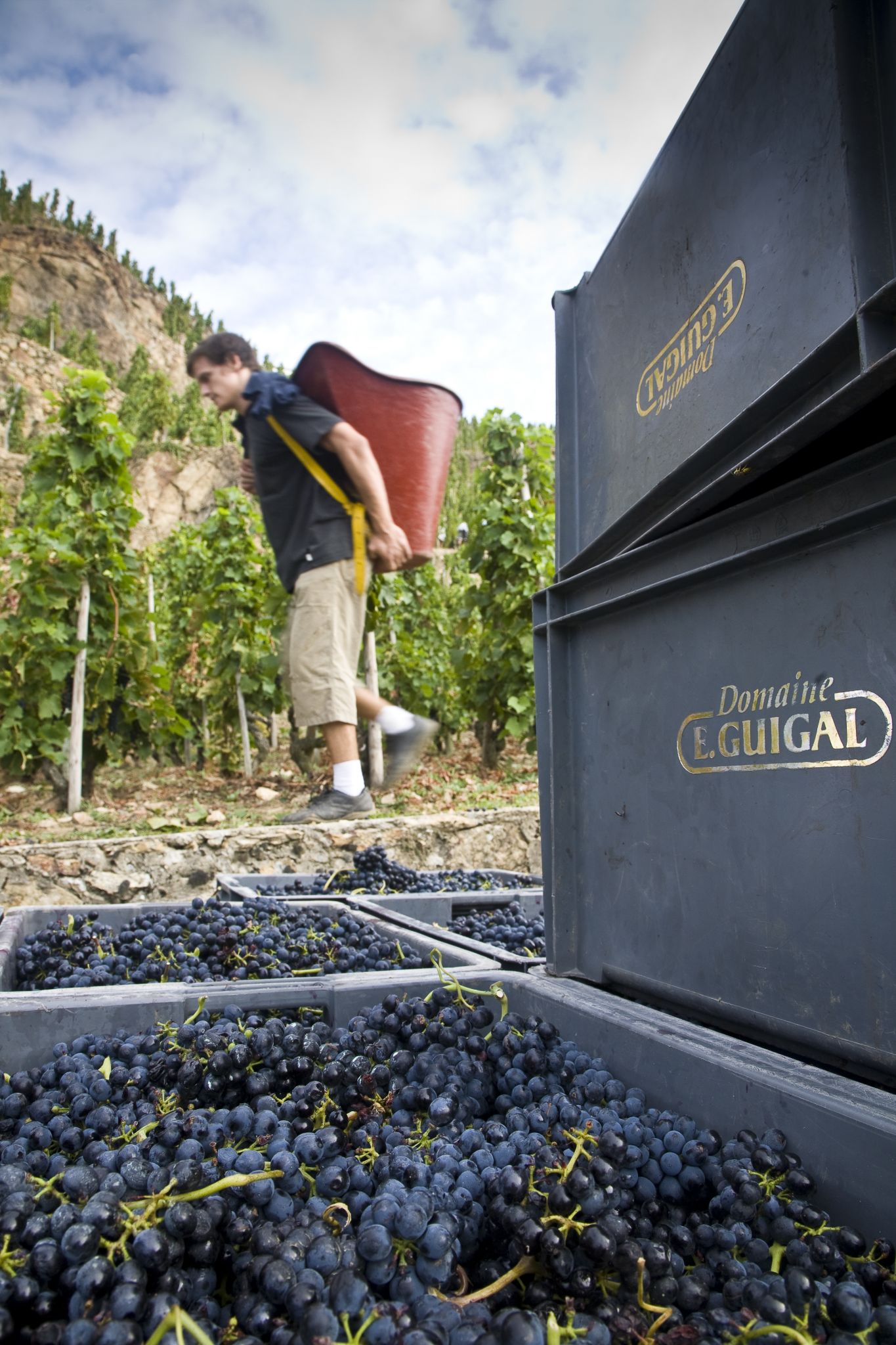
Very challenging climatic conditions that prompted harvest 10-15 days earlier than usual. There was not heavy rainfall, despite a few storms in August and September. Though lower yields, the wine produced is of excellent quality. There is a harmony between a beautiful freshness of fruit and creaminess for a dry wine. A remarkable minerality in this vintage.
Tasting Note
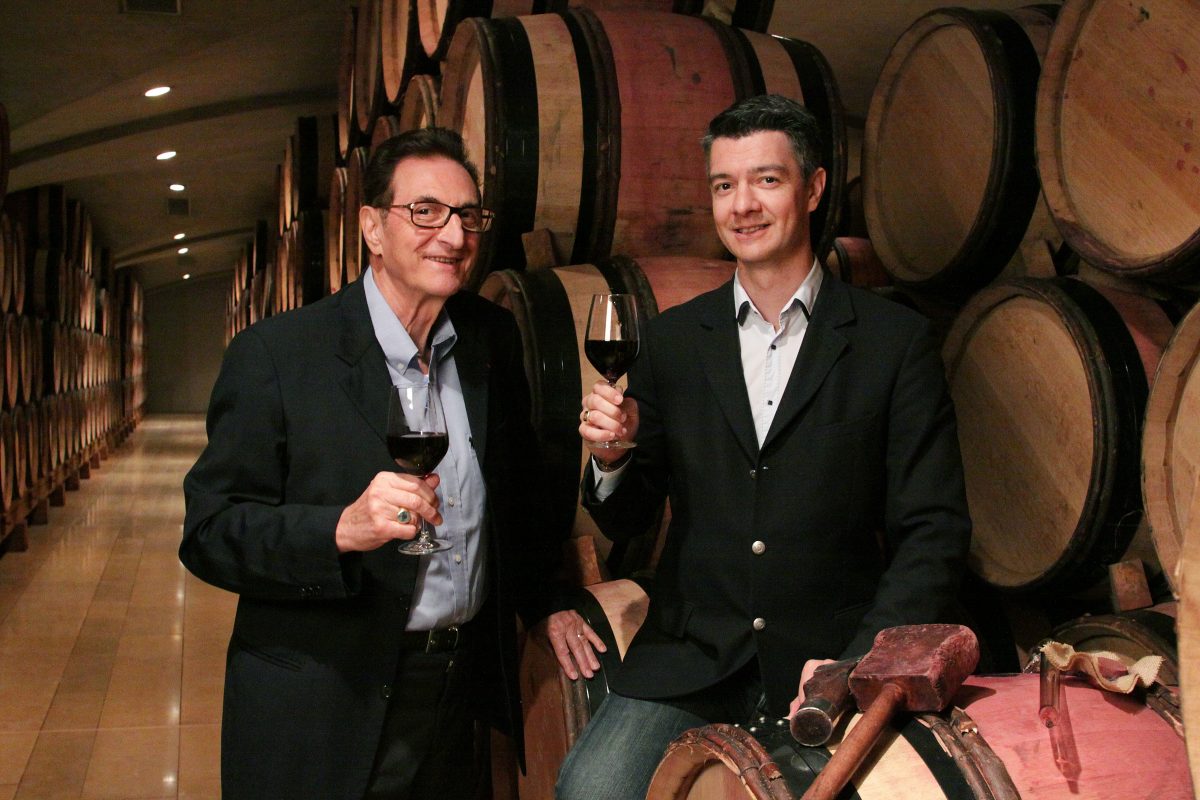
Brilliant clear straw yellow. A powerful and complex nose, with strong notes of white flowers, and a frame of delicate oak aromas. A clean, supple attack, and a very expressive finish of pear and citrus fruits. Exceptionally fresh and fruity. Round and powerful on the palate.
Color
White
Suggested Retail Price
$36.00
Reviews
"Smooth, broad and very long"

Vinous - May 29, 2020
"Translucent yellow. Vibrant, mineral-accented aromas of fresh pear, tangerine and white peach are complemented by a jasmine nuance that builds with air. Round and seamless in texture, offering densely packed orchard and pit fruit flavors that are sharpened by a refreshingly bitter lemon pith accent. Finishes smooth, broad and very long, leaving suave floral and mineral notes behind."
Reviews
Trade Materials
Other Wines by this Producer
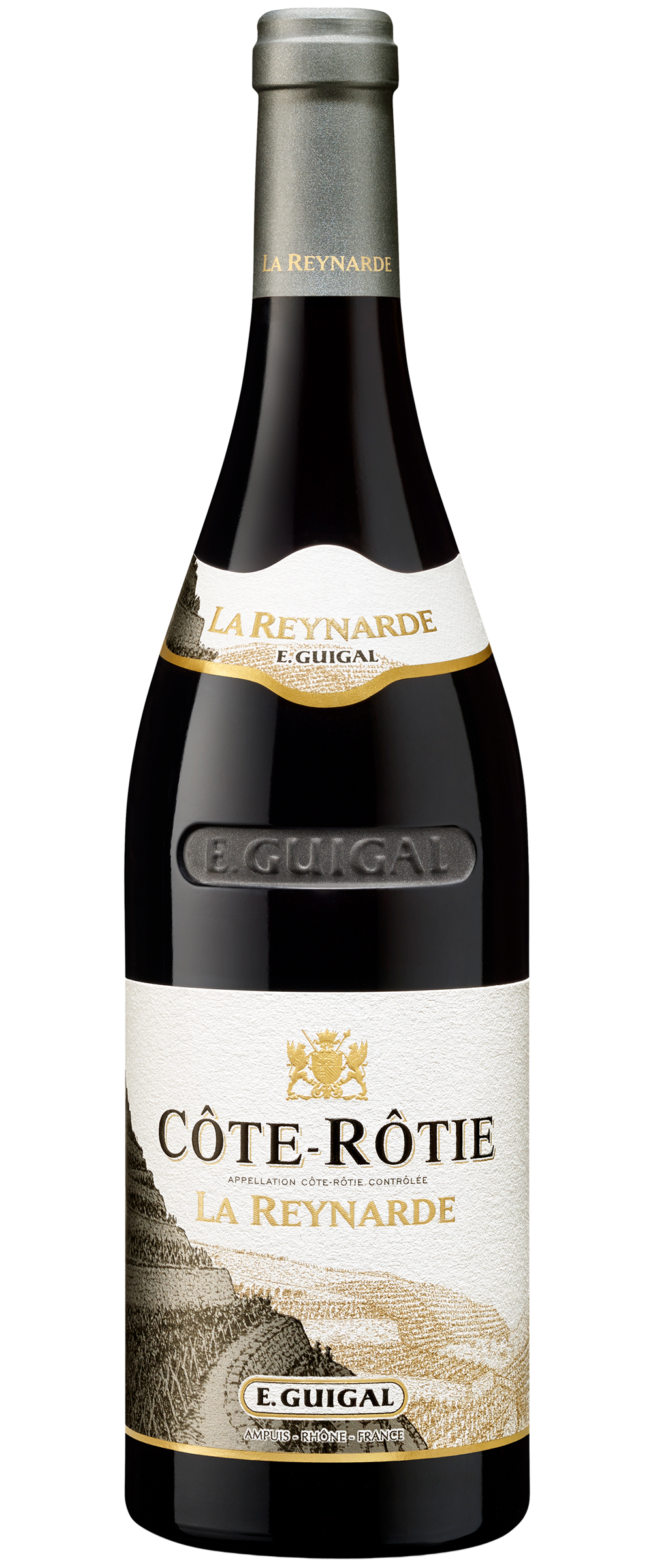
Côte-Rôtie La Reynarde
Côte-Rôtie
From a steep Côte Brune vineyard planted in 2010 to honor the birth of Philippe Guigal’s twin sons, La Reynarde is 100% Syrah grown on granite, schist and iron-rich clay. In style, it sits between La Turque and La Landonne, showing a lifted and exotic floral character that differentiates it from the other LaLa’s, with a superbly precise density and length.
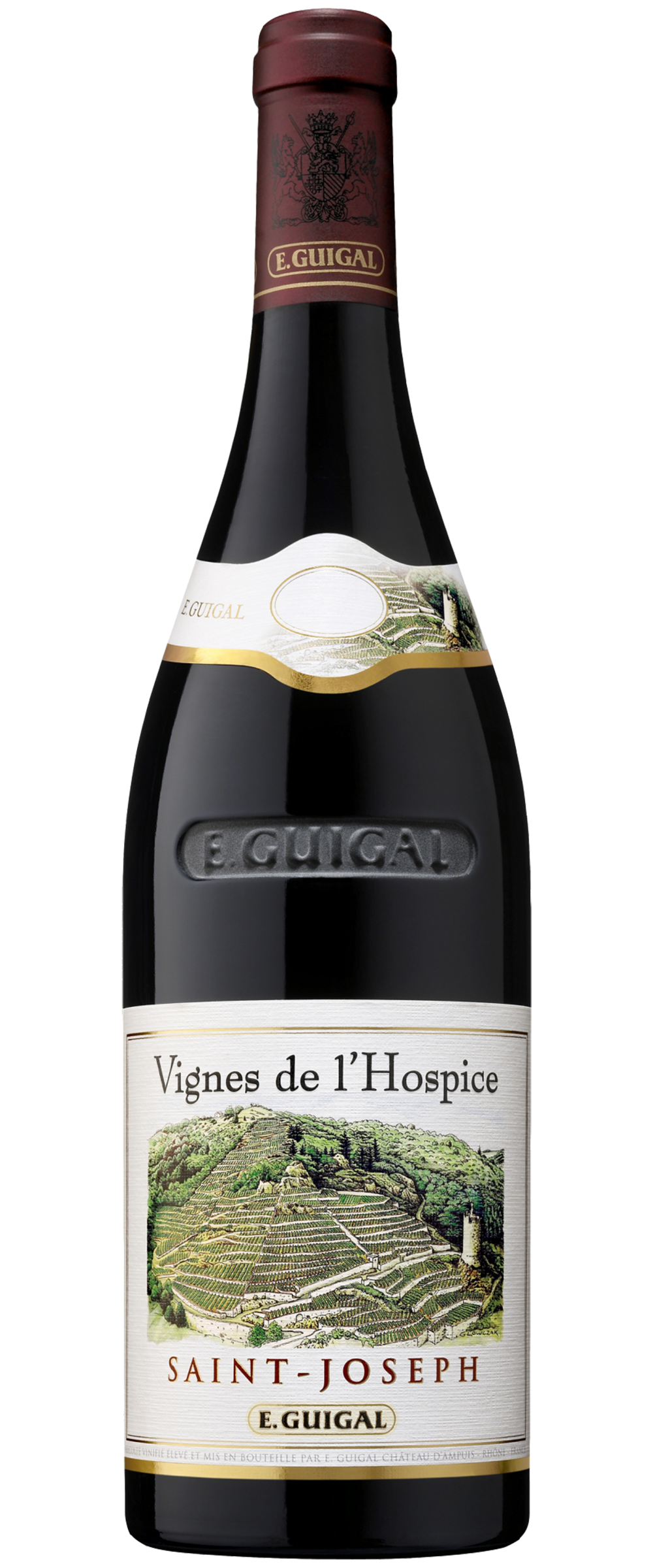
Saint Joseph Vignes de l’Hospice
Saint-Joseph
Guigal’s Vignes de l’Hospice is one of the finest sites in the Northern Rhone Valley. This steeply terraced vineyard used to be divided into three, but Guigal now owns majority of this parcel in order to restore perception of Saint-Joseph as an appellation of utmost quality. In fact, Guigal is often asked when they will produce a fourth “LaLa,” and their response is that their fourth single vineyard phenomenon of the Northern Rhone is already being produced: the Vignes de l’Hospice.
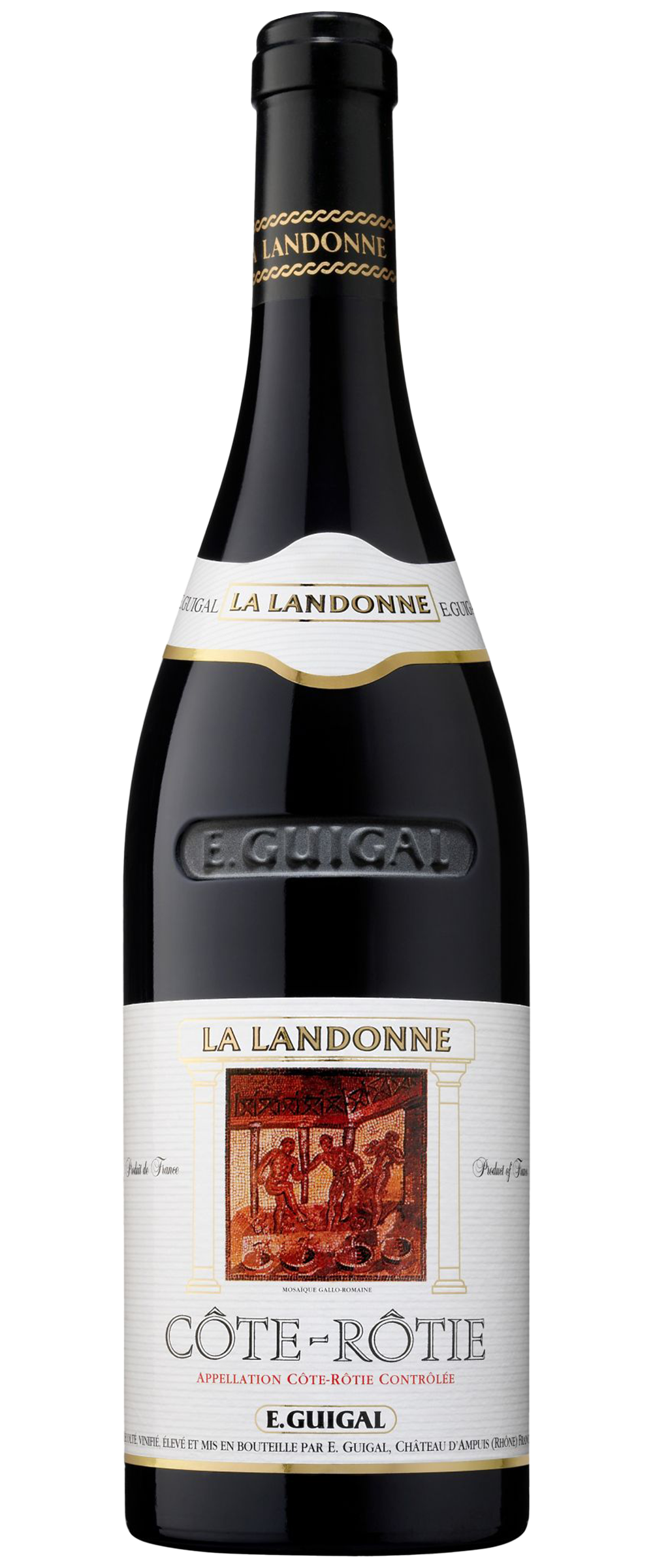
Côte-Rôtie La Landonne
Côte-Rôtie
One of the three “LaLa” wines that Guigal produces and are the most collectible wines of the Rhone Valley, La Landonne is a remarkable expression of terroir. And for good reason, La Landonne is situated on one of the steepest vineyards of the Côte Brune, a 45 degree slope that remarkably requires harvesters to start picking from the bottom of the vineyard and work their way up, placing grape bunches in bins that are set on sleds and dragged up the hill. Along with its position at the northern end of the Côte Brune and the fact it is the last vineyard to ripen, La Landonne is the mirror of the feminine and voluptuous La Mouline: it is a wine of driving power, defined by its dark fruit and structure. The first vintage Guigal produced was in 1978, after being planted in 1975 at the time of Philippe Guigal’s birth.
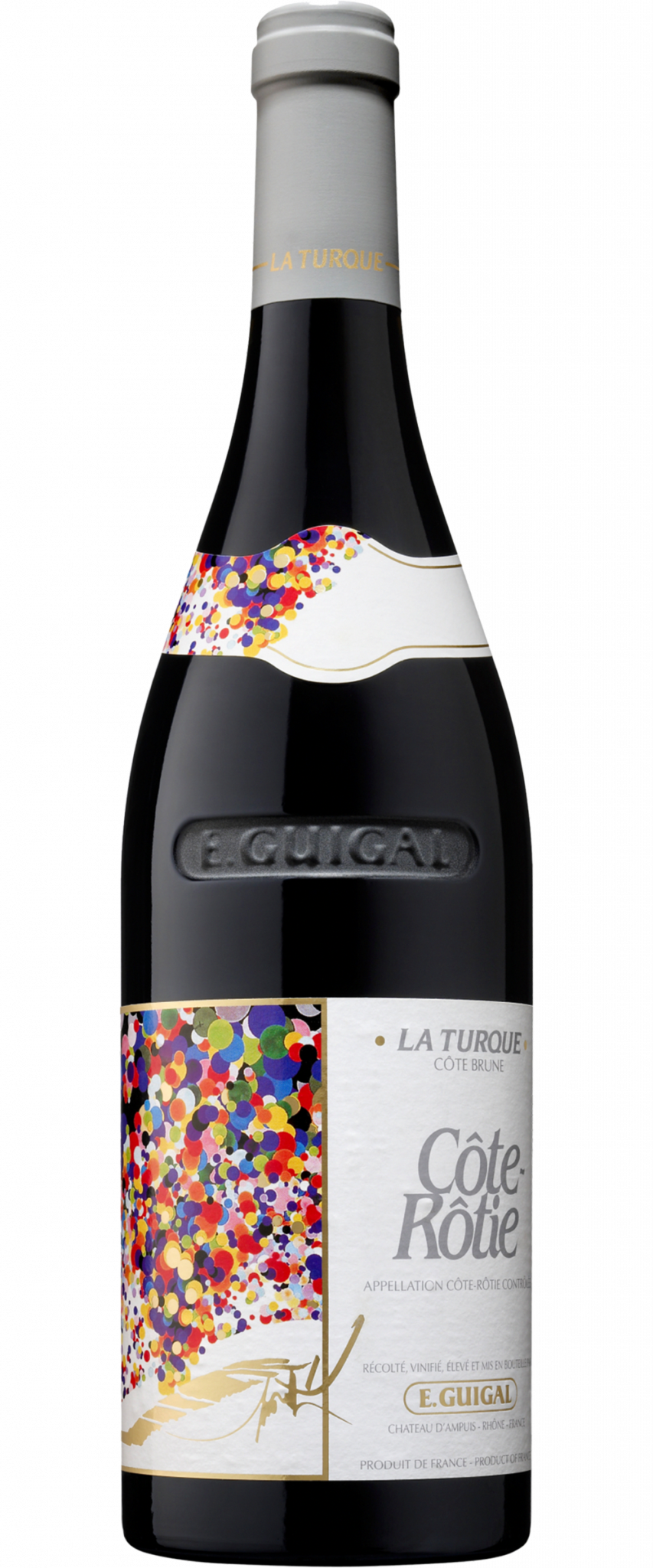
Côte-Rôtie La Turque
Côte-Rôtie
Of the three famous single-vineyard “LaLas” that Guigal produces and are the most collectible wines of the Rhone Valley, La Turque is the newest. This vineyard produced outstanding wines in the first half of the 20th century, but then was not used for wine production for nearly 50 years. The Guigals acquired the vineyard and re-planted it in 1980 and 1981, based on Etienne Guigal’s memory of the quality of the wines it once produced. The first vintage appeared in 1985. In both position and style, it sits between La Mouline and La Landonne: the complex soils lend an exotic character to La Turque, and its concentration and elegance exhibit the virility of the Côte Brune with the subtlety and femininity of the Côte Blonde.
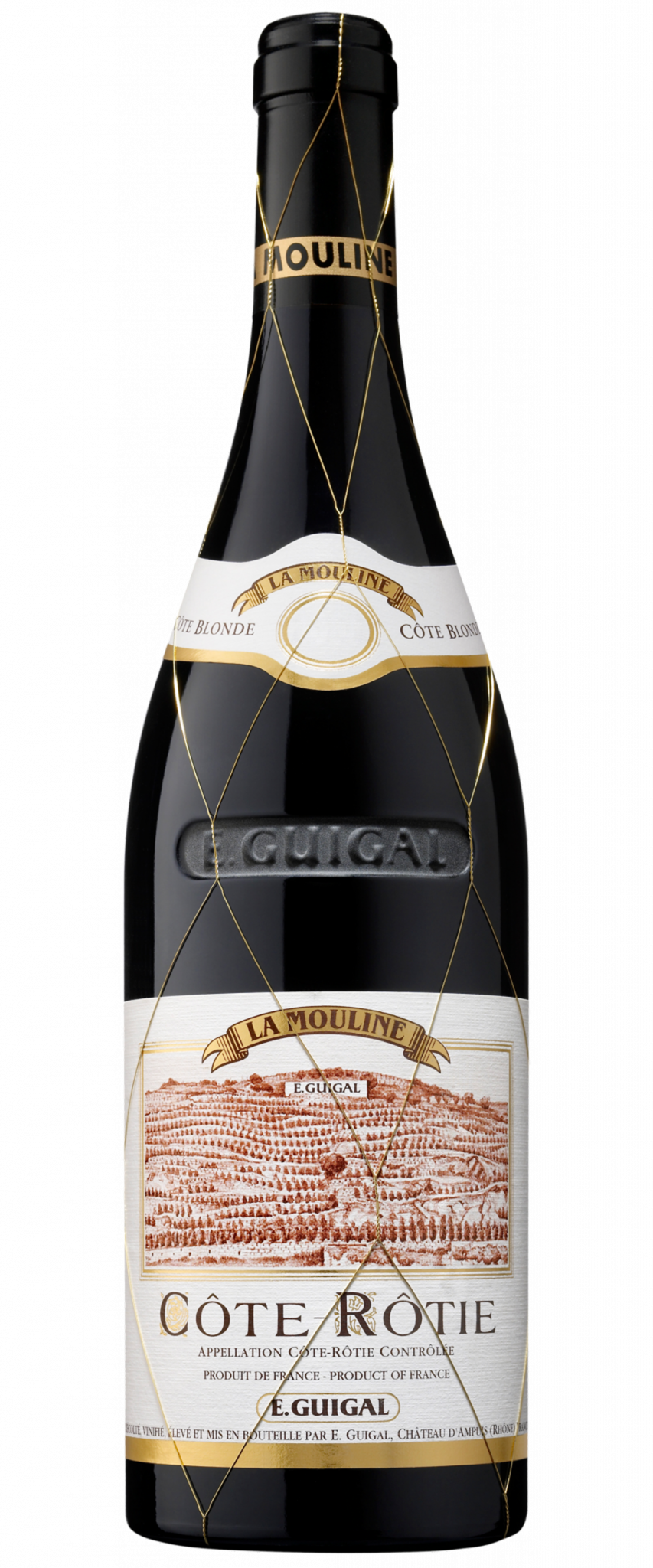
Côte-Rôtie La Mouline
Côte-Rôtie
First planted by the Romans 2,500 years ago, La Mouline is the oldest and most famous vineyard of Cote-Rotie, and Guigal’s single vineyard bottling of La Mouline in the 1960s set off a quality revolution throughout the Rhone Valley. The stunning amphitheater is the most complex plot in Cote-Rotie due to its extremely steep slopes with expositions in every direction. Of the three famous “LaLas” that Guigal produces and are the most collectible wines of the Rhone Valley, La Mouline was the first and is the only one on the Cote Blonde, and its signature is an unbelievable exoticism, an irresistibly and unique lifted floral, black fruit, earthy, spicy perfume, its coiled power always in balance, seemingly endless.
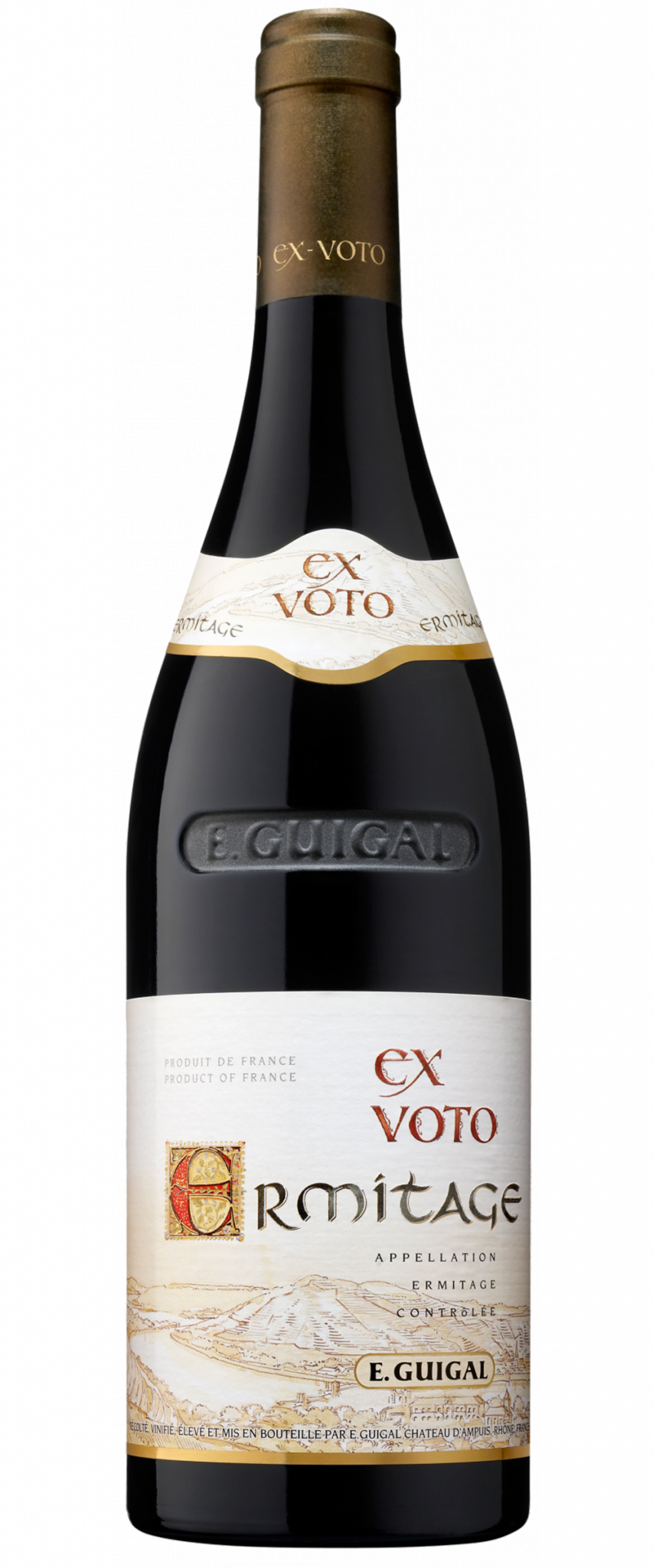
Ermitage Ex Voto Rouge
Hermitage
Ermitage Ex-Voto represents the fulfillment of a longtime dream of Marcel Guigal’s to own vineyard land on the hill of Hermitage. Through the purchase of the de Vallouit and J. L. Grippat domaines in 2000, Guigal acquired four exceptional vineyard parcels on this legendary site. The 2001 vintage was the first release of this estate-bottled Hermitage red and white. The quality of the intense old-vine fruit is quite special, but given the Guigal’s already strong work in Hermitage, they decided to only release an Ex-Voto red or white when the wine is utterly exceptional and clearly superior to their appellation bottlings.
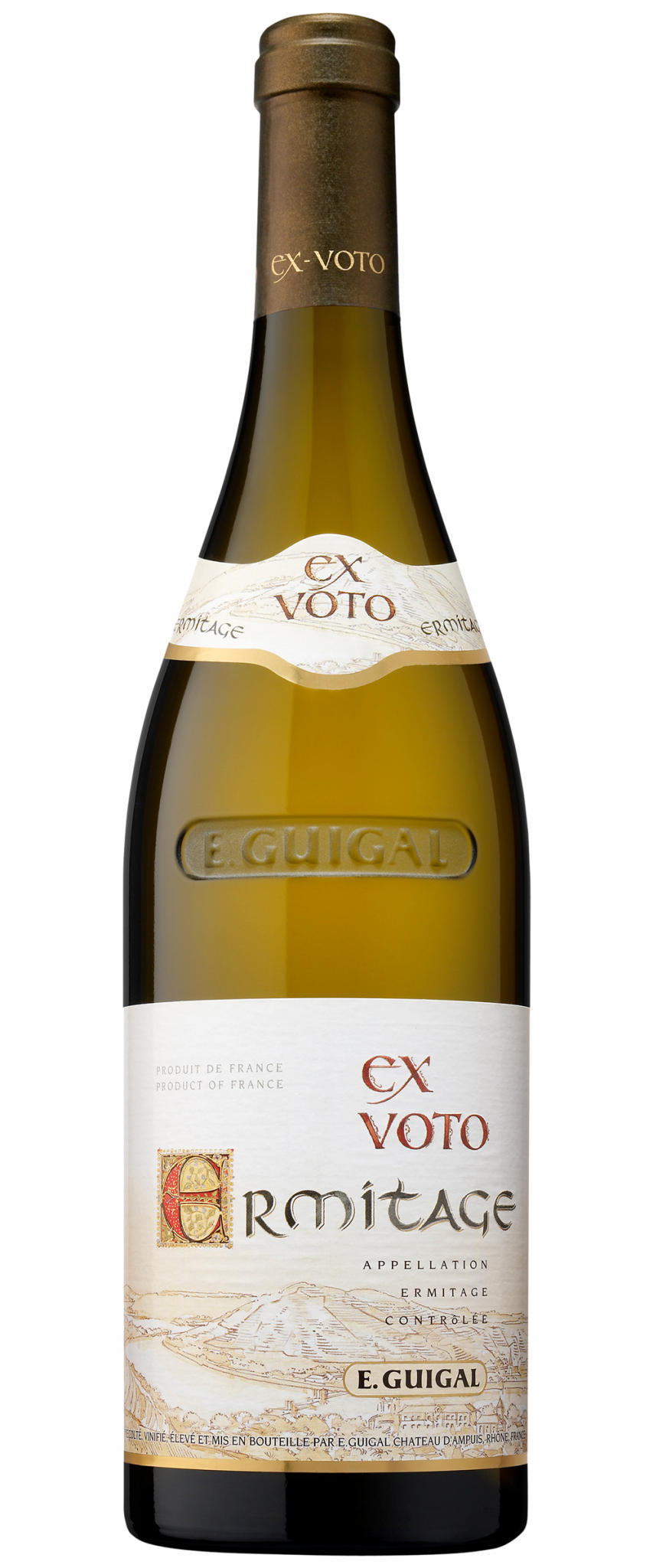
Ermitage Ex Voto Blanc
Hermitage
Ermitage Ex-Voto represents the fulfillment of a longtime dream of Marcel Guigal’s to own vineyard land on the hill of Hermitage. Through the purchase of the de Vallouit and J. L. Grippat domaines in 2000, Guigal acquired four exceptional vineyard parcels on this legendary site. The 2001 vintage was the first release of this estate-bottled Hermitage red and white. The quality of the intense old-vine fruit is quite special, but given the Guigal’s already strong work in Hermitage, they decided to only release an Ex-Voto red or white when the wine is utterly exceptional and clearly superior to their appellation bottlings.
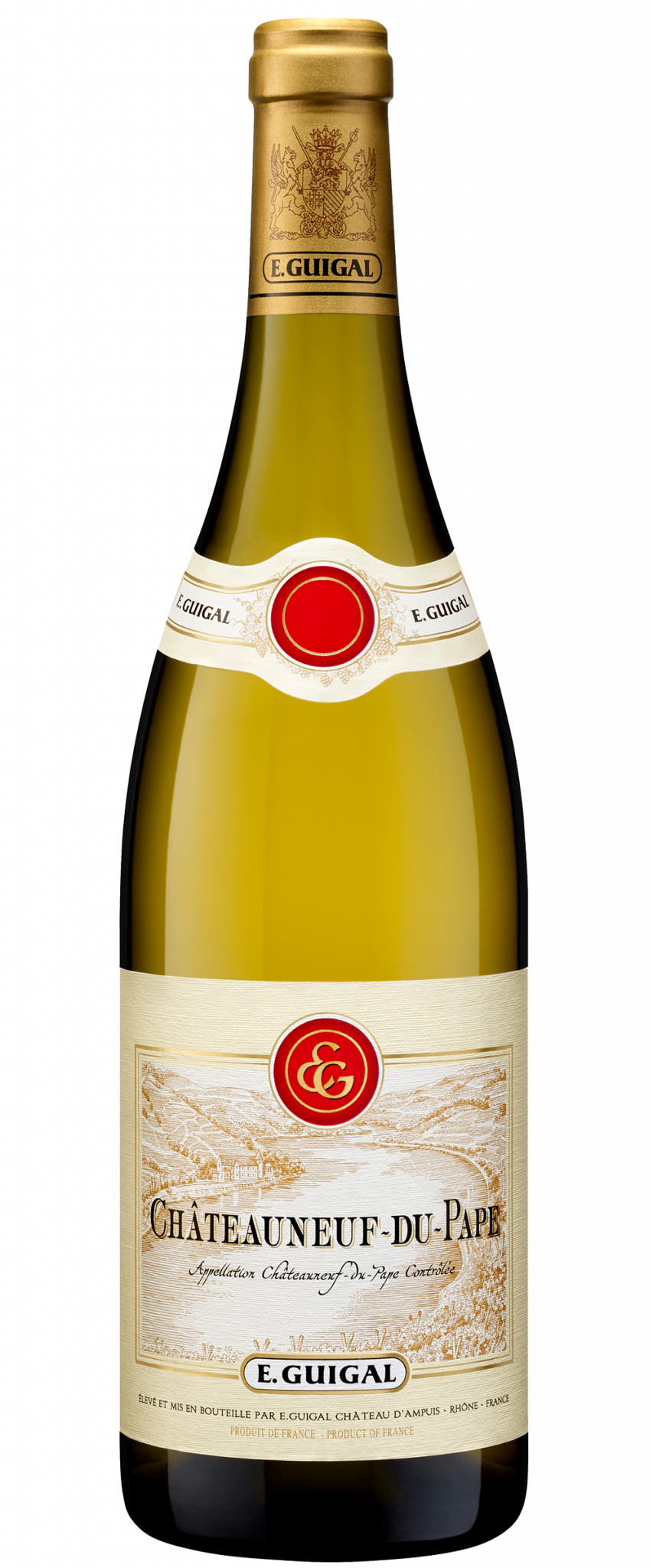
Châteauneuf-du-Pape Blanc
Châteauneuf-du-Pape
Guigal produces an intensely concentrated, inviting and complex Châteauneuf-du-Pape that is almost unique to the region today. Their passion for Châteauneuf, the leading appellation of the Southern Rhône, runs as deeply as that for their home sites in the Northern Rhône. The combination of working with top fruit that has perfect ripeness, along with their extraordinary patience in the cellar, results in rich and full, yet savory, spicy, seamless and balanced wines. Wines to enjoy immediately but capable of aging, and, above all, wines that leave you wanting more.
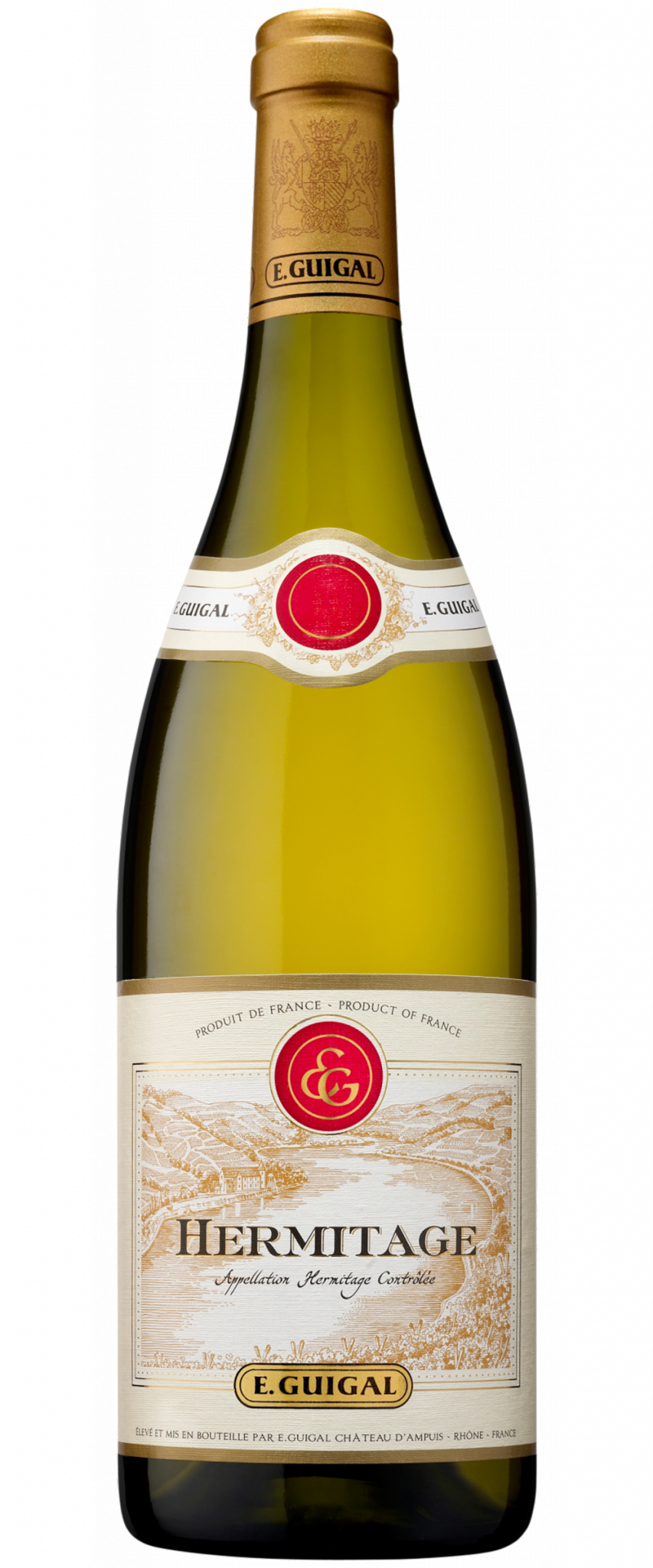
Hermitage Blanc
Hermitage
Whites make up a small percentage of production in the Rhône, under 2%, but white wines are a little bit of a secret specialty at Guigal and today comprise 25% of their production. And for good reason, as the whites of the Northern Rhône are true discovery wines, immensely appealing and complex. They specifically display an expressiveness and brightness while also capturing the warmth of the area. Even more of a discovery is Hermitage Blanc, one of the least-known yet most intriguing wines of the Rhône Valley and in the small 309 acre Hermitage AOC.
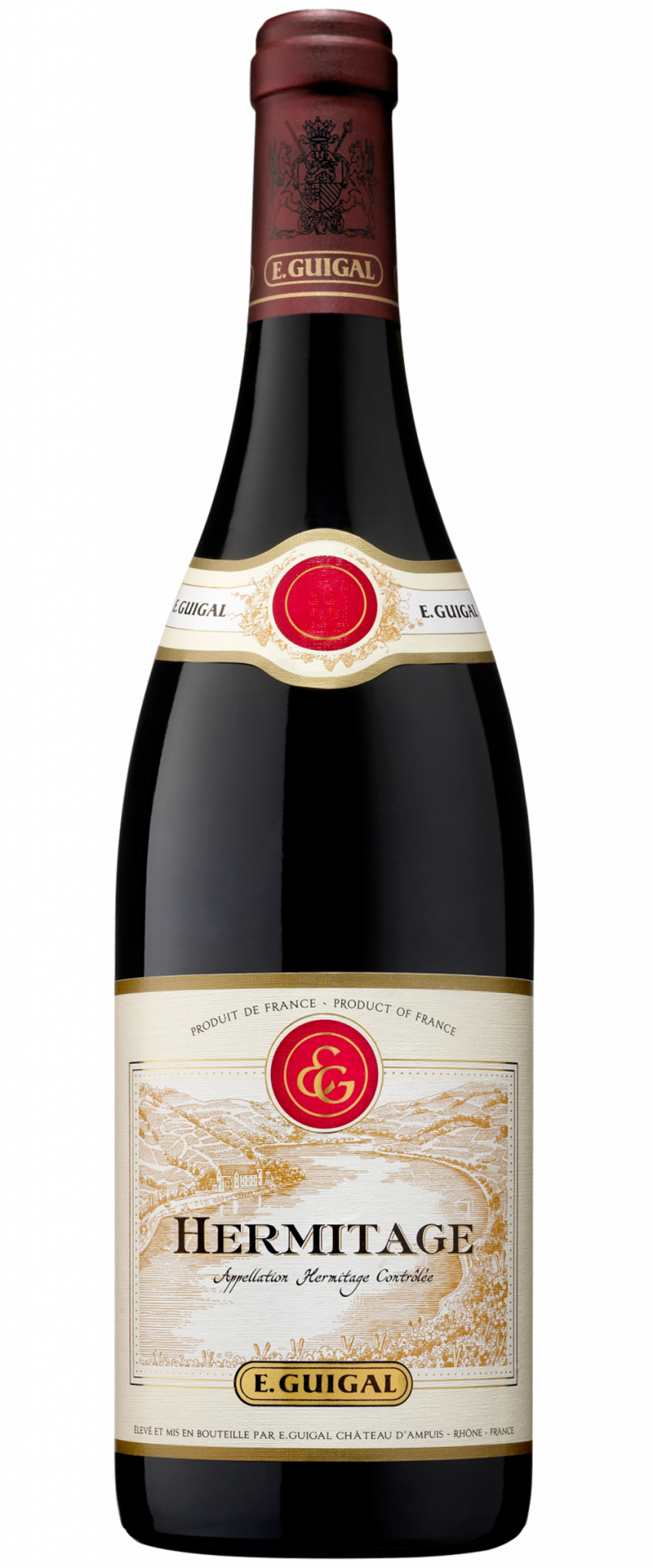
Hermitage
Hermitage
Hermitage is one of France’s most spectacular and famous appellations, producing small quantities of extraordinarily intense and ageworthy red wine and tiny amounts of dry white. The entire vineyard consists of 309 acres planted on a single granite hillside on the banks of the Rhône. The Hermitage Rouge is the example of a racy wine, that manages to remain seductive.
